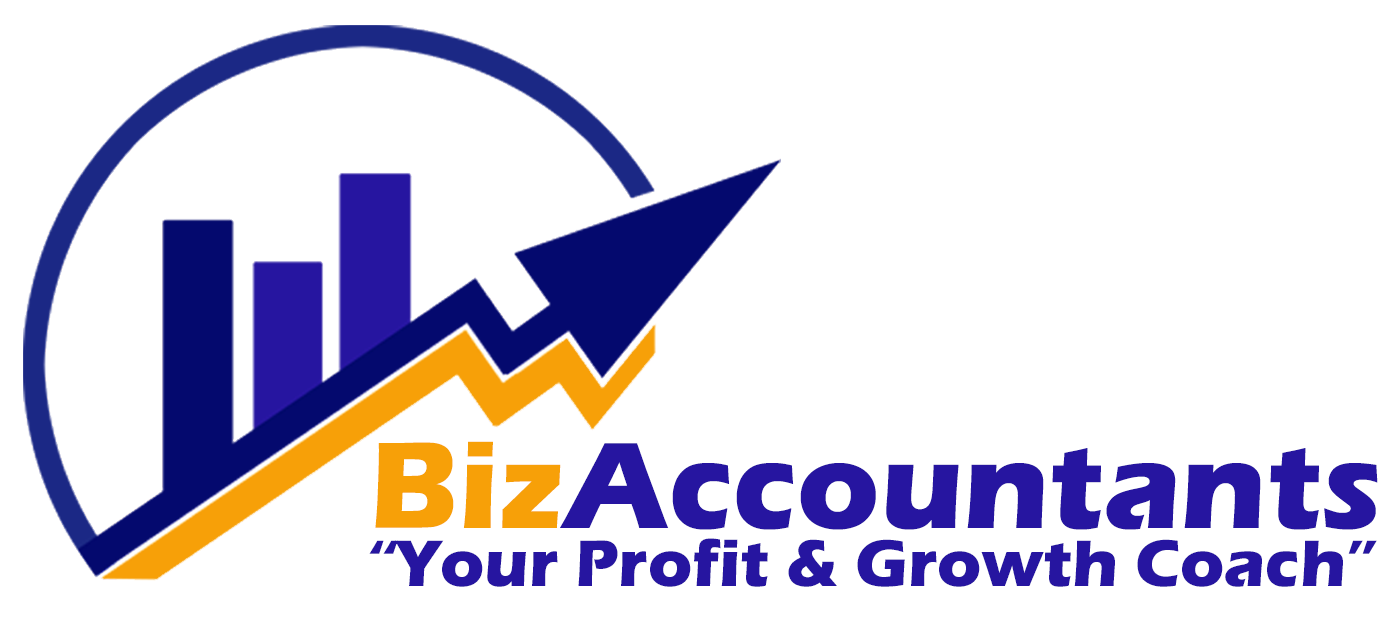For small business owners, understanding and maximizing tax deductions is crucial for minimizing tax liabilities and enhancing profitability. Every dollar saved in taxes is a dollar that can be reinvested into the business, driving growth and success. This blog post will explore the most commonly missed deductions and provide practical advice on how to ensure you’re not leaving money on the table come tax time.
- Home Office Deduction: Many small business owners operate out of their homes but often fail to claim or maximize the home office deduction. To qualify, you must use a portion of your home exclusively and regularly for business purposes.
- How to Maximize It: Measure your workspace and calculate the percentage of your home’s total square footage to determine how much of your home-related expenses can be deducted. Include direct expenses of the home office, like painting or repairs, and a portion of overall home expenses like utility bills and insurance.
- Vehicle Expenses: If you use your vehicle for business, you can deduct vehicle-related expenses. You have two options: the standard mileage rate or actual car expenses, including gas, depreciation, repairs, and insurance.
- Choosing the Best Method: Keep detailed records of your business mileage and total mileage to make informed decisions each year about which method saves you more money.
- Equipment and Supplies: Items purchased for business use, from computers and office furniture to small supplies like pens and paper, are deductible.
- Capitalizing on Deductions: Use the Section 179 deduction which allows you to deduct the full purchase price of qualifying items in the year they are purchased, instead of depreciating them over several years.
- Education and Training: Expenses for education and training that improve your skills in your current business are deductible. This includes seminars, workshops, and books related to your business.
- Document and Deduct: Maintain records of all educational expenses and ensure they are directly related to enhancing your business skills or required by law or regulation.
- Professional Services: Fees for professional services such as lawyers, accountants, and consultants can be significant but are often deductible.
- Staying Compliant: Ensure that these services are used solely for business purposes to make the deductions valid.
Understanding and maximizing tax deductions are essential for small business owners looking to keep more of their hard-earned money. By staying informed about what deductions are available and how to properly document and claim them, you can significantly reduce your tax burden.
Remember, while this guide provides a good starting point, working with a professional like BizAccountants can provide tailored advice that aligns with your unique business circumstances and ensures you’re taking full advantage of the tax benefits available to you.
- bizadminhttps://bizaccountants.com/author/bizadmin/
- bizadminhttps://bizaccountants.com/author/bizadmin/
- bizadminhttps://bizaccountants.com/author/bizadmin/
- bizadminhttps://bizaccountants.com/author/bizadmin/




